What makes a man is The title of a song released by an Irish pop vocal group/boyband popularly known as “West Life” in the album “Coast to Coast”. Also, a question that ought to be no longer rhetorical in the mind of every single member of the Northern Nigeria society. Why? I will paint you a very short but interesting picture.
Imagine two Northern Nigeria stereotypes; Mr. A and Mr. B. Both above thirty. Mr. A is a forty-five-year-old accomplished civil servant; living a luxurious life in a well-furnished apartment but with no family of his own. Mr. B is a thirty-six-year-old moderately-to-do businessman; living a middle-class life with one wife or more and children.
Who is going to be labeled more “Man” in the Northern Nigeria society? Let us hold on to that thought for a while.
Notice closely, that three simple criteria including age, wealth, and responsibility/family were considered in the formation of these stereotypes. And although there could be more, these three for most readers of Northern Nigeria or anywhere, were more than ample to make an immediate mental judgment as to who is more man than the other. Perhaps, if there was more, then it was left to those lacking in any of the three fields to find stitches to patch up their masculine wears and tears.
A man is not who he thinks he is; he is what he hides.
Andre Malraux, Author of Man’s Fate
Meaning that the secrets we hide are what defines us. So could there be more to the question of ‘who is more man than who in the Northern Nigeria society’, rather than the simple societal stereotypes? Perhaps, we ought to open closets and ask about forgotten skeletons. Thus, we will start with the basic question of who a man is.
Who Is A Man?
A man as defined by dictionary sources is “An adult male person”; that is someone who biologically is of the male sex and passed the age of boyhood.
Societally, to be one’s own man is to be free and independent. Meanwhile, those traits, habits behaviors, or roles that society considers appropriate for a man are referred to as masculinity, manliness, or manhood.
Some even argue that just like wealth, race, or social class, masculinity has a social status and higher social status is achieved with higher masculinity. Therefore, having understood who a man is, the next step for us is to begin to ponder on our initial question; that is to find out “what makes a man”.
What Makes a Man?
Good question. An even more interesting one comes from the opinions of different individuals, in different societies, and with different cultural backgrounds and beliefs. Since there is no objective out-of-the-textbook explanation of what makes a man, it was left to assume a better way of understanding this question.
As such, conducting a survey of answers from Quora; an international Q & A online platform, where questions are asked and answered for the purpose of sharing and growing knowledge, answers to this particular question were found and a review of them gave me the following points of what makes a man:
- A boy becomes a man through the process of struggle.
- A man is someone charged with the responsibility of caring not only for himself but for others around him. He also doesn’t blame others for his mistakes but apologizes and corrects them.
- A man has a strong moral code by which he lives and is defined. He constantly recognizes his weakness and strives to be better.
- A man discovers his true inner self and doesn’t change his personality as change takes place in the outside world. In other words, he is not easily influenced.
- A man is conscious of himself and controls his instincts, urges, and emotions.
- A man is steadfast in his decisions. He knows when to be flexible and when to say no.
- A man is free to define himself.
The aforementioned points have tried to define what makes a man based on a general perception of people from different societies. A man’s Life experience, Responsibility, Moral code, Strength of character, Self-awareness, Steadfastness, and Choice are what I found to be the most popular opinions.
However, how can I use these points to discover which is most relevant in our Northern Nigeria society?
What Makes a Man in Northern Nigeria Society?
You will recall the image we digested earlier of two Northern Nigeria stereotypes using age, wealth, and responsibility to decide who was more man than whom. Recall how ‘you’ were also accused of making an on-spot decision. From there, we went on to explain the concept of who a man was and what was his masculinity. Our goal now is to decide what makes a man in Northern Nigerian society.
Traits, habits, behaviors, or roles that society considers to be appropriate for a man have been found to be considered his masculinity/manhood. Seven areas including; his Life experience, Responsibilities, Moral code, Strength of character, Self-awareness, Steadfastness, and Choice were considered generally to be vital.
Therefore, comparing the criteria used earlier in stereotyping the Northern Nigerian man to these seven points leads us closer to finding out what makes a man in Northern Nigerian society. The confluence point was found at the responsibility valley. Clearly, age and wealth when compared to responsibility, could not have been the major catalysts that influenced your hastened decision of who or what a man is. Rather the roles/responsibility attached to a man is what drives Northern Nigeria society to assess his masculinity.
These roles/responsibilities of a man in Northern Nigeria society will be the master key that will unlock the closet door and allow us a peek at its skeletons if any.
What Is The Role of a Man in Northern Nigerian Society?
This takes origin from the concept of “Gender role”; which is a set of behaviors and attitudes considered desirable or appropriate based on that person’s gender.
The term role could be defined as a duty that someone or something is expected to have. At the same time, it is the way someone or something is involved in an activity. Going for a more elaborate definition, a role is a socially-expected behavioral pattern usually determined by an individual’s status in a particular society. Similarly, it is a set of connected behaviors, rights, obligations, beliefs, and norms as conceptualized by a society.
All these combine to interrogate the role of a man in Northern Nigeria society as follows:
What are the rights duties and obligations of a Northern Nigerian man?
How is the Northern Nigeria man involved in activities of Northern Nigeria society?
Roles carried out by Northern Nigerian men are undeniably vast but nonetheless, they can be classified based on their positions/status or their general functions. The positional roles of a Northern Nigerian man can be dynamic, that is, they can evolve or be interchangeable based on his current position in the family and society. The Northern Nigeria man therefore can discharge his roles based on his position as follows:
- As a father
- As a husband
- As a son
- As a brother
- As an uncle
- As a neighbor
Whatever position a man may occupy in the family or society, there are certain roles he is bound to come across. These roles unlike his positions are not dynamic. Careful analysis of both leads us to categorize the roles of a Northern Nigeria man in society in four unique ways namely:
- Domestic roles
- Religious roles
- Socio-cultural roles
- National roles.
These will be carefully elaborated and looked at.
Domestic Roles of A Man
Domestic roles are duties and obligations assigned to members of a household to ensure efficient meeting of its basic needs. Either as a son, husband, or father, men in Northern Nigeria society are expected to carry out assigned responsibilities in the family.
These mostly include:
1. Household Labour (Chores)
Due to the physical strength of men, a man is expected to do hard and labor-intensive activities in the household. For example, he will wash the car, do the gardening, and perform animal slaughter.
2. Technical Work
A man is expected to learn simple household technical work in order to take care of problems that may arise without employing the services of a technician. He may take care of:
- Electrical tasks like changing sockets, bulbs, turning on or servicing generator, and simple vehicle checks.
- Plumbing tasks in the kitchen and in the bathroom.
3. HouseHold Representation/Leadership
A man in the Northern Nigeria society serves as the link between the women of the house and the outside world. Religion and culture do not encourage Northern Nigerian women to have unlimited freedom with no control. Therefore, a man in the household is faced with certain responsibilities like:
Being a natural leader to women below and above him. He may do so by providing them with emotional strength and guidance.
Going on errands outside the home as much as he can, especially at night and also, sometimes accompanied the women of the house.
Answering the door and ushering male guests.
4. Discipline and Security
A man is expected at all times to ensure peace and orderliness within his household and arrest conflict when it arises. He is also charged with the responsibility of keeping members of the household safe from internal and external harm. Therefore, he is:
Active alert and checks all locks and appliances for safety before retiring to bed at night.
Passive alert at all times and watches out for suspicious sounds and movement within and around the boundary of his home.
5. Financial responsibility
A husband, father, and sometimes even son are responsible for the financial well-being of every member of the household. Not only that, he is at other times, expected to contribute to the financial well-being of other members of the extended family. As such, he must work hard and earn a living in order to:
Provide good food, clothing, shelter, and education to those he is responsible for.
Give allowances where expected.
Regularly, chips in and contributes to the well-being of his extended family.
Religious Roles of Man
The predominant religion in Northern Nigeria, Northern Nigeria is Islam. This has provided the Northern Nigerian society with certain beliefs, behaviours, and obligations to follow. In addition to the completion of personal obligation to God, he is also tasked by religion with several roles.
Some of these roles that religion has mandated for the Northern Nigeria man include:
1. Religious Leadership Roles
A well-learned and societally accepted man with good moral and social conduct is charged with leadership roles like:
- He leads prayers as the Imam in mosques and leads prayers for the deceased.
- He assumes political roles in society.
- Also, he as a man can become a scholar who delivers preaching like “Tafseer” in religious gatherings
- A man is charged with carrying on the name of his father and passing it down to his own children.
2. Religious Rites Roles
Execution of certain religious rites has been assigned solely to men by religion. These rites are prohibited for a woman to perform. They include:
- Acting as “Waliyyi” and “Wakili” in marriage.
- Taking part in prayers of the deceased and escorting the dead to the grave.
- Giving out “Zakkatul fitr” (alms) on behalf of his family
- He is the one to seek permission from a woman’s father to court her when looking for marriage. He also pays a token for the woman before he can take her as his wife. This token is referred to as “Sadaki” or bride price.
3. Matrimonial Roles
The roles of a man in marriage have been clearly outlined by religion in Northern Nigerian society. These include:
- Financial responsibility: He becomes financially responsible for his wife’s food, shelter, clothing, education, and discipline according to the teachings of Islam.
- Emotional responsibility: He protects and safeguards his wife’s emotional state of mind.
- Moral & Spiritual responsibility: He guides and educates his wife on her moral and spiritual conduct. For example, he should constantly monitor/permit her interactions with people outside her home or make sure she discharges her prayers on time.
4. Moral Role
Personal code of conduct of behaviours and interactions with people have been clearly outlined by religion for the man to follow. He is expected to:
- Offer a handshake in greeting and say the “Salam” when passing a fellow Muslim or group of Muslims.
- He is expected to imitate qualities like honesty, patience, and humility among others.
- He is expected to obey and honor his parents and especially his mother as she is the key to his paradise.
Socio-Cultural Roles
These are roles spelled out by the society based on their culture and tradition. They are socially accepted beliefs, norms, and behaviours allowed of a Northern Nigerian man. In addition, they are rules handed down from generation to generation which may or may not be dynamic. They include the following;
1. Occupational Roles
Certain occupations in Northern Nigeria society until today are believed to be suitable for men and unheard of for women. Even though the Northern Nigerian man has a white-collar job, he is encouraged by society to be involved in technical/manual jobs or trading.
Examples of such occupations Northern Nigeria society has outlined for men include; wanzam, carpentry, building, animal rearing, etc.
2. Courtship Roles
Before a man in Northern Nigeria society marries, he undergoes a period of courtship in which after taking permission from the lady’s father, they get to know each other before marriage. Society has socially constructed roles the Northern Nigerian man must play in this period. They are as follows:
- He initiates the courtship process.
- He offers gifts occasionally to the lady whom he wants to marry.
- Before he marries her, he is expected to complete the cultural rites of marriage like gifting her clothes or otherwise “Lefe” and other necessary cultural rites.
National Roles
Northern Nigerian people are naturally proud of genetic traits handed to them like wisdom in speech, strong moral/social code, and ambition.
Wherever a Northern Nigeria man is, it is his responsibility to:
1. Political Role
- Use his natural skills and talents to govern the nation politically.
- Become a recognized trade or craftsman.
2. Citizenship Role
- Be a law-abiding member of the nation and dispatch his duties accordingly
- Abstain from criminal, social or moral misconduct that will bring him and other people shame.
- Be a man the nation is proud of.
Conclusion
From the above, it is clear that men in Northern Nigeria society have clearly spelled roles.

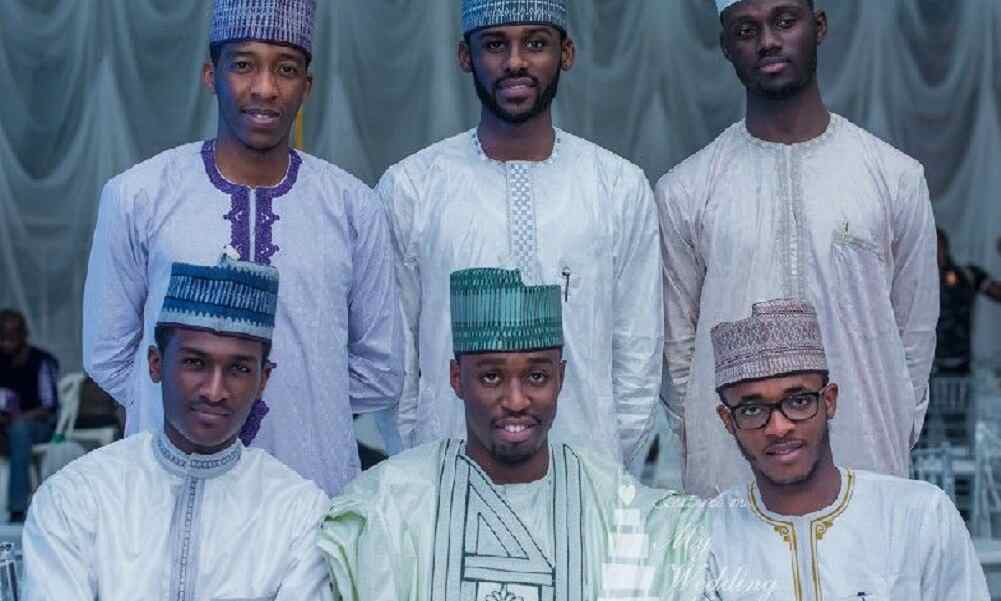


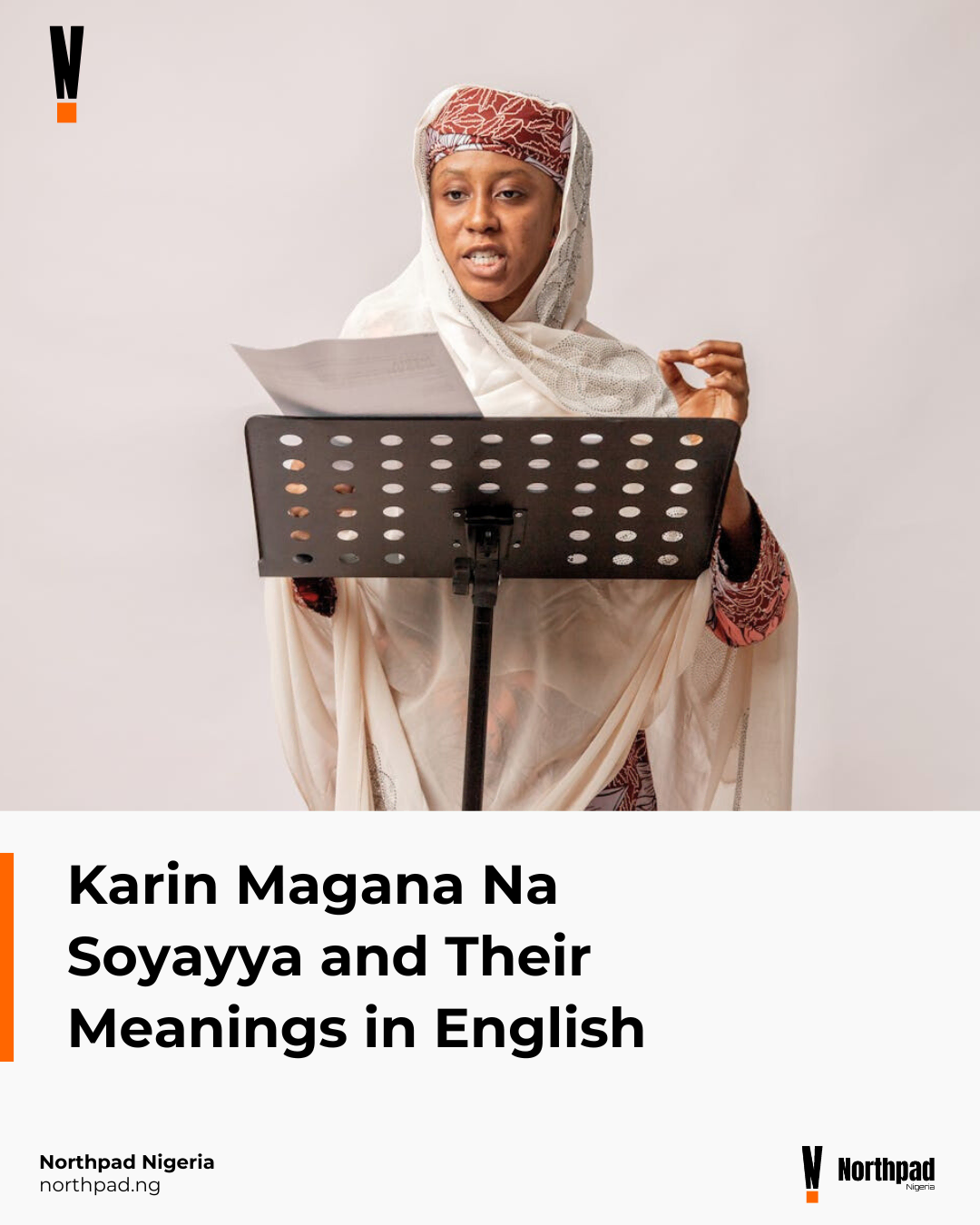
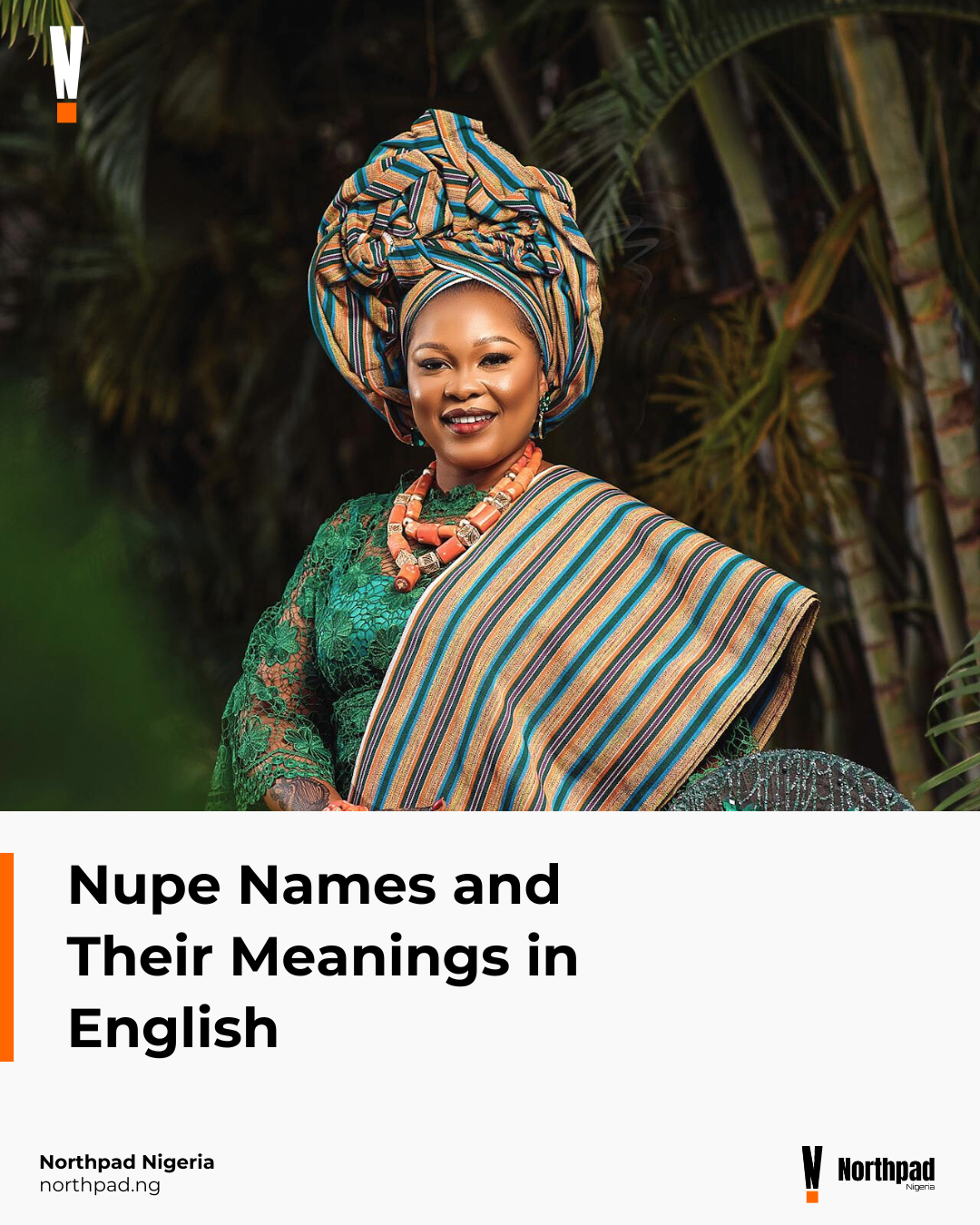
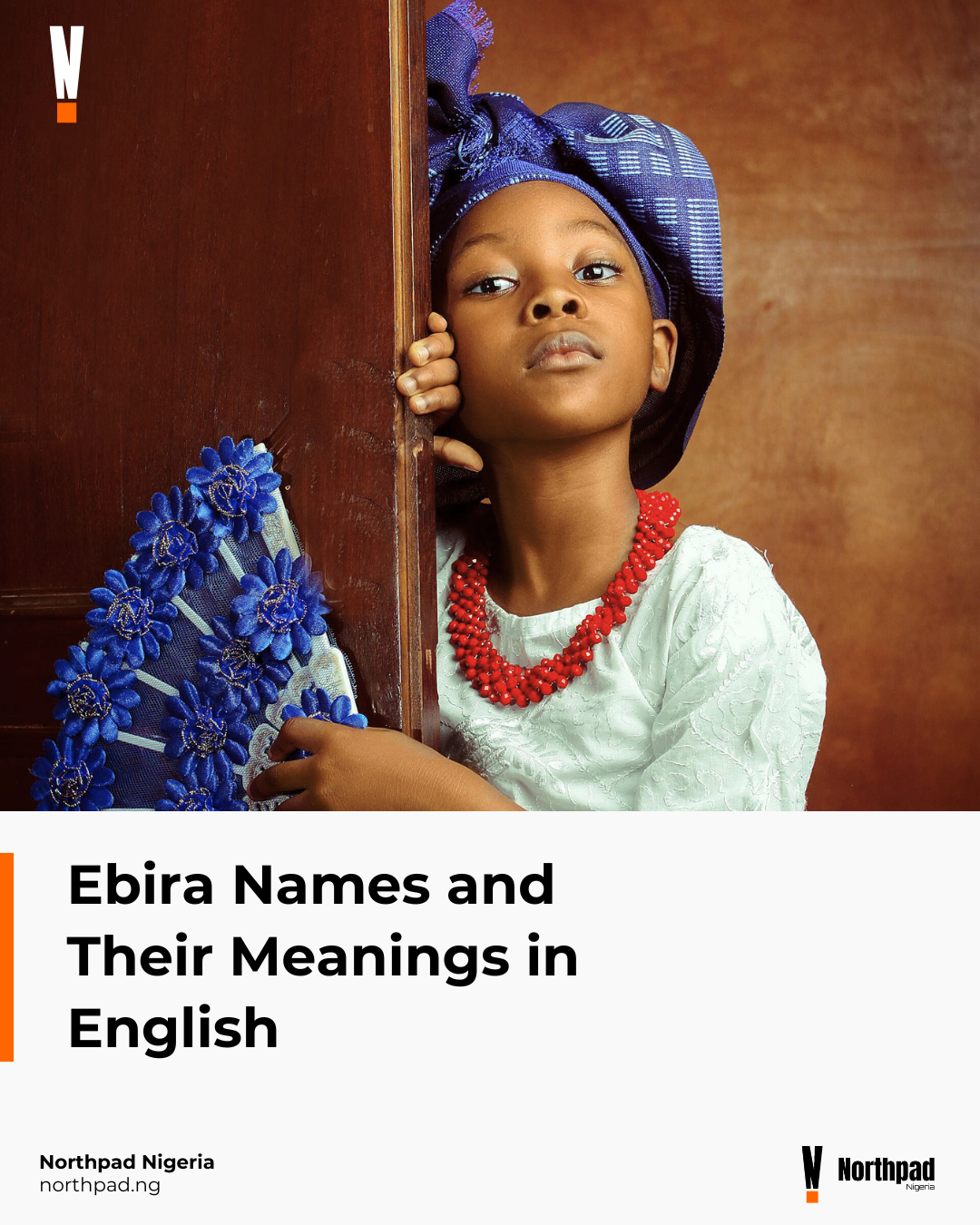
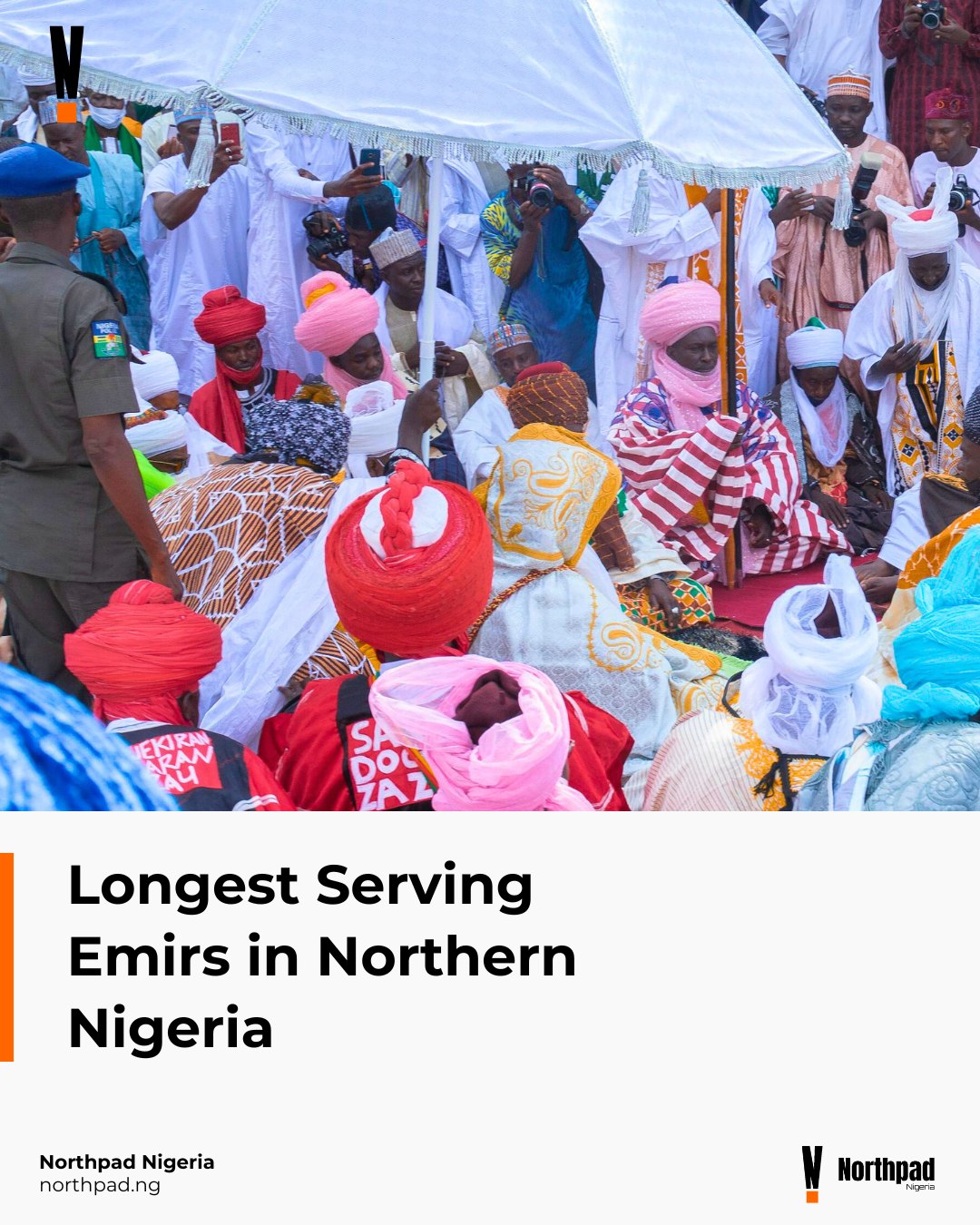


0 Comments